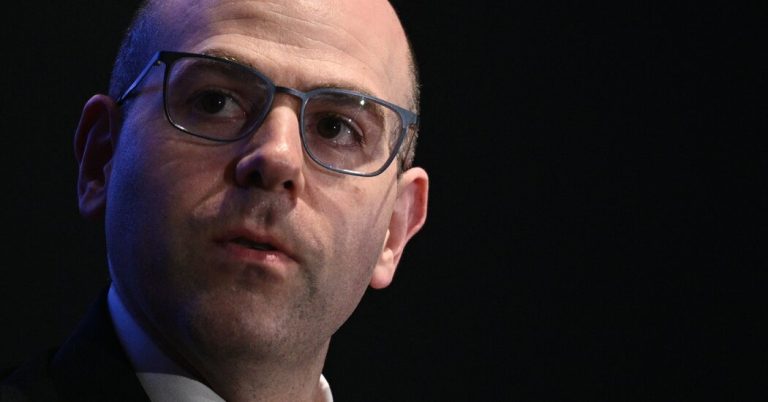On the top floor of a building near Union Square, there’s a small, white-walled office filled with frazzled 20-somethings munching on Cinnamon Crunch and jelly beans. A whiteboard with a countdown calendar is marked off in red. On a shelf nearby, a plaster Roman bust has a pink balloon stuck to his mouth, like a bubble-gum bubble about to pop. Outside the door: a little sign that reads “Phia,” the name of a new e-commerce tool dreamed up by two Stanford grads in their dorm room.
A basic start-up. Except for one thing: the Gates factor.
See, Phia, a web browser/app that went live April 24, aims to be the Booking.com of fashion, offering an instant price comparison from thousands of e-commerce sites for any item, new or used, that may catch your fancy, is the brainchild of not just any old Stanford undergrads. It is the invention of Phoebe Gates, 22, the youngest child of Bill Gates and his ex-wife, Melinda French Gates, and Ms. Gates’s former roommate Sophia Kianni, 23.
It’s complicated enough starting a business as a young woman. But starting a tech-adjacent business as a young woman who shares a last name with one of the most famous tech entrepreneurs on the planet — and its 13th-richest person — with all the preconceptions and expectations that implies, is a knotty proposition.
“Growing up, I realized that people are always going to have thoughts about me,” Ms. Gates said recently. She was fast-walking across the green market from her office to her apartment. It was Go Day minus 14, and she and Ms. Kianni were not sleeping much.

Bill Gates with his daughter, at age 4, in 2007.Credit…Gates Archive

Melinda and Phoebe Gates, in 2023, when she was 21.Credit…Beth Garrabrant/Gates Archive
“If the business is successful, people will say, ‘It’s because of her family,’” Ms. Gates said. “And a huge portion of that is true. I never would have been able to go to Stanford, or have such an amazing upbringing, or feel the drive to do something, if it wasn’t for my parents. But I also feel a huge amount of internalized pressure.”

















